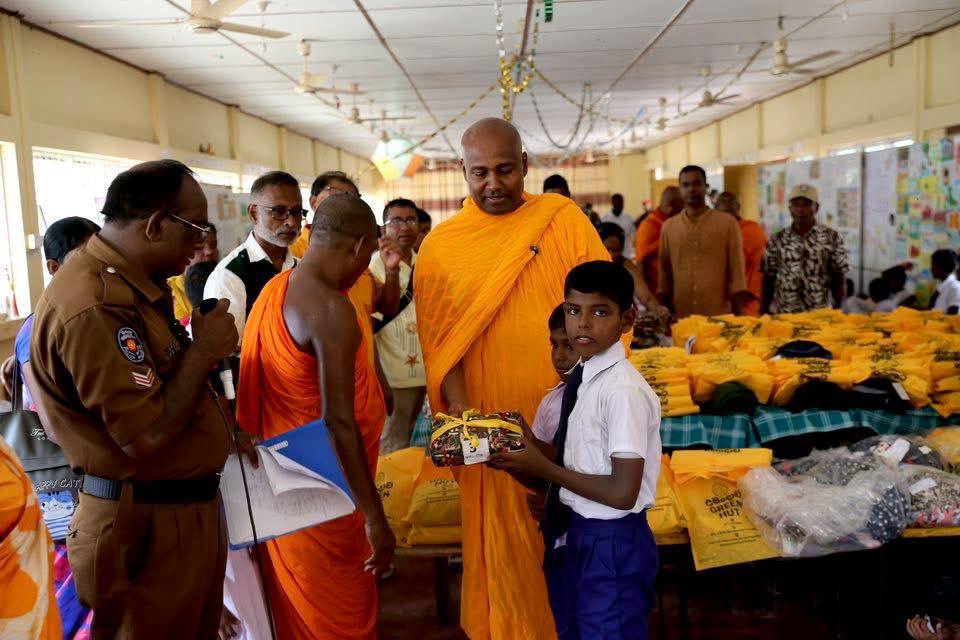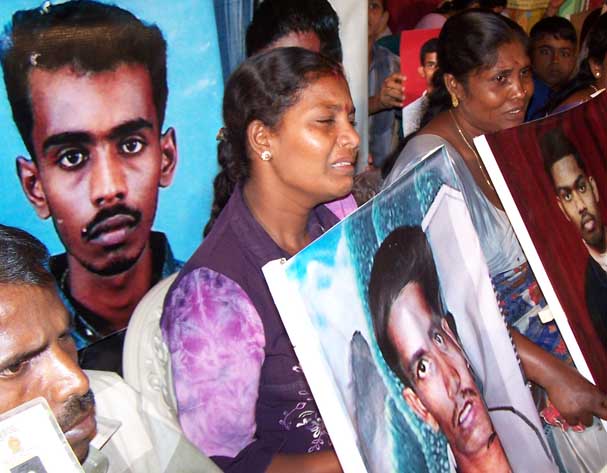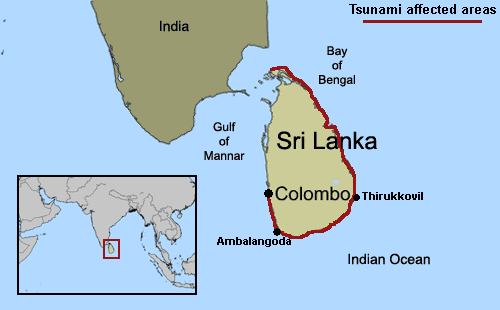When people are abducted and never seen again – ‘disappeared’ – or their bodies are later found dumped, and when they are gunned down in public or in front of their families, these acts are often described as ‘senseless’. Senseless because nothing these people might have done - or are suspected to have done - is seen to justify such horrific ends.
But there is a purpose to disappearances and extra-judicial killings: terror. These acts are not just about the individual, but the rest of society. They constitute a specific form of violence aiming to define the relationship between the state and the community concerned, between fear and submission.




